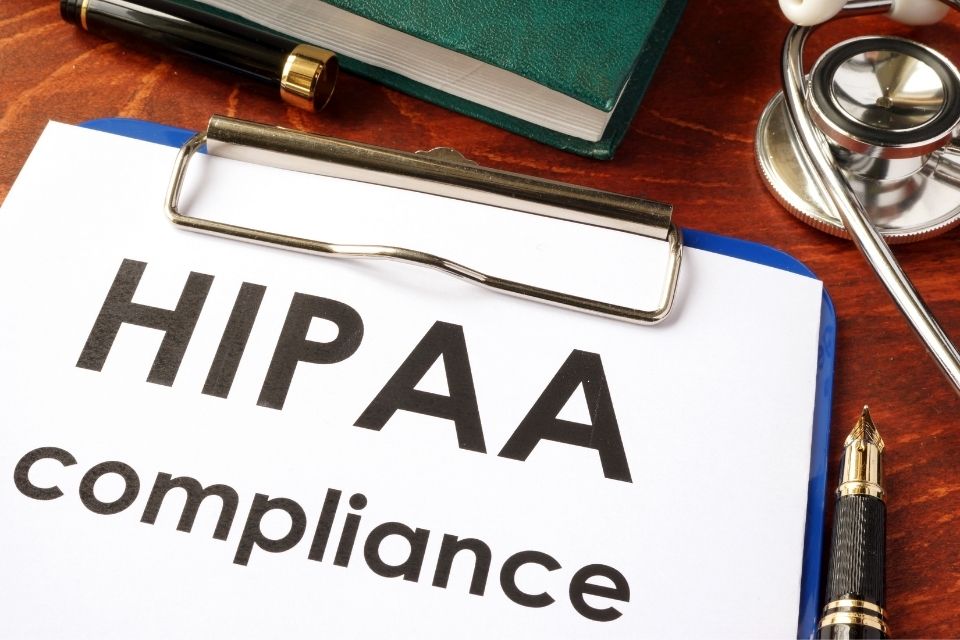If you ask anyone in the healthcare industry, HIPAA is a pretty huge deal. As a security regulation, the Health Insurance Portability and Accountability Act is an essential move that protects many Americans’ medical records and private information using data security measures. While most individuals are familiar with the concept, some aspects of the act can fly under the radar. Here are some things you didn’t know about HIPAA compliance that could surprise you.
HIPAA Doesn’t Recommend Specific Technology
While maintaining HIPAA compliance requires a specific degree of confidentiality and privacy, the act doesn’t specify technology platform stipulations nor their design to secure data. Technology decisions fall upon providers to fulfill guidelines while following industry standards.
HIPAA Mandates Having Physical Safeguards
While HIPAA uses firewalls and added security measures necessary to safeguard their sensitive data, but they also require the use of physical barriers that restrict access to personal information. Such precautions must also be present during the time of hardware removal, data transfers, and technology disposal.
HIPAA Requires Training
To protect personal health information, all employees within a practice must undergo specialized training and understand the importance of safeguarding sensitive data. Employees handling patient data must know proper security measures and policies and report issues to their employer.
HIPAA Requires Violation Reports
HIPAA guidelines mandate that service providers report all misuse of personal health information and other sensitive data to the Department of Health and Human Services. Doing so places responsibility on the provider so they can remain active in maintaining protocol.
HIPAA Take Agreements Seriously
With a Business Associate’s Agreement held with providers, HIPAA mandates the communication of established policies. A business or practice without a BAA can appear as willful negligence and make the responsible party liable to fines.
While the concept remains the same, it helps you brush on the lesser-known things you didn’t know about HIPAA compliance. Understanding the more delicate aspects allows you to effectively protect the integrity and confidentiality of the public’s health information.

